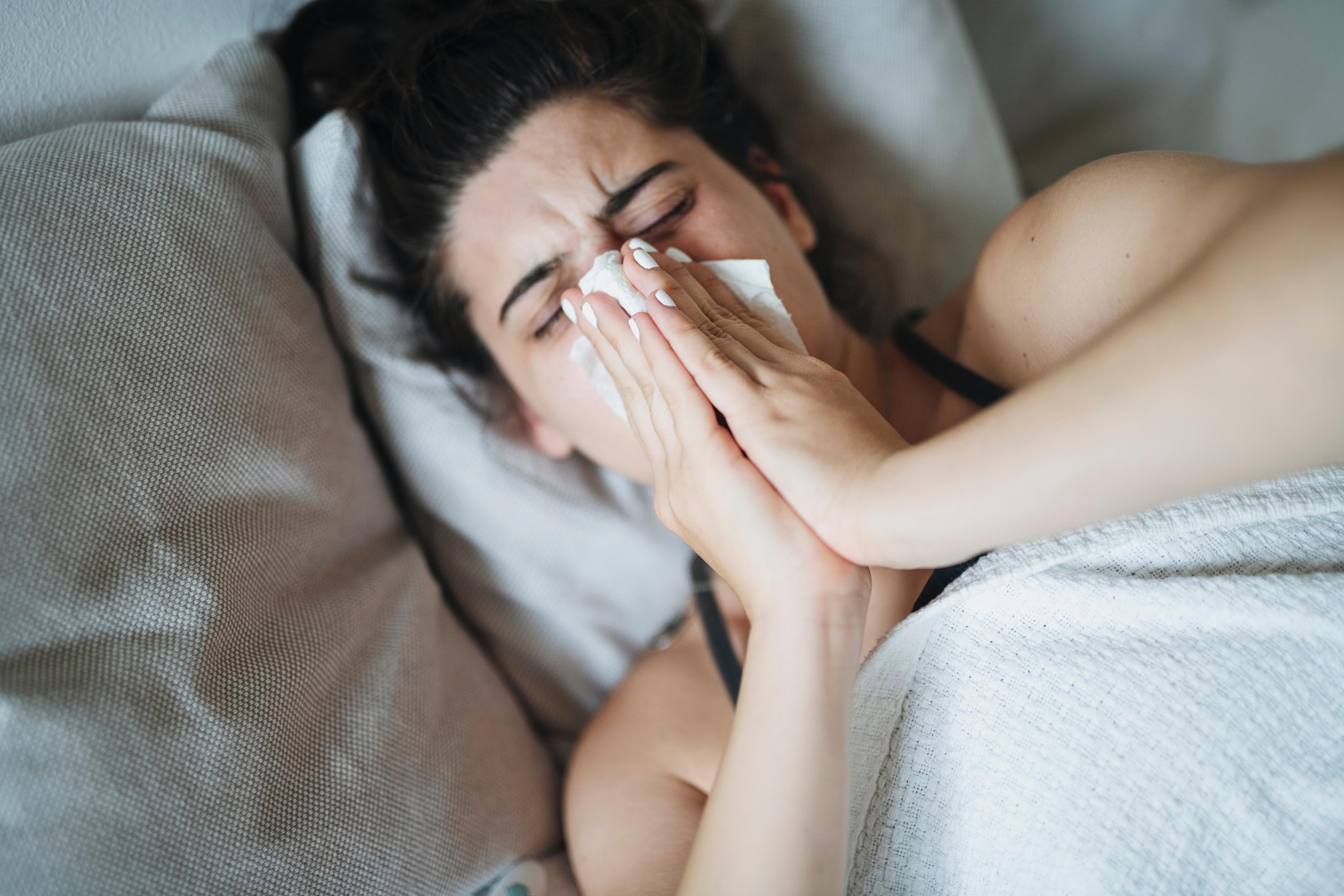How Alcohol and Histamines Affect Sinuses
Jake Newby
| 3 min read

In addition to waking up hungover, groggy and anxious after a night of drinking alcohol, you may also wake up with a stuffy nose. Not everyone experiences nasal congestion the day after a few drinks, but it can be a side effect of alcohol intolerance or alcohol overconsumption.
Avoiding congestion may serve as another motivator to drink less, which is good for your overall physical and mental health.
How does alcohol cause nasal congestion?
Nasal congestion – or a stuffy nose – occurs when the tissues lining the inside of your nose become inflamed and irritated. That inflammation causes excess mucus production and swelling inside the nose, making it hard for you to breathe clearly. A stuffy nose may cause you to start breathing through your mouth because you can’t take air in through your nose. Nasal congestion can also lead to a runny nose.
If you are already prone to sinus congestion, alcohol may exacerbate the issue. Alcohol causes blood vessels to constrict and dilate, which leads to swelling in the nasal passage.
Hydration plays a major role in healthy sinuses, as drinking plenty of water keeps the mucus your body produces thin and flowing. Alcohol can cause dehydration and allergy symptoms such as a dry throat, nasal congestion and headaches.
The role histamines play in sinus problems
If seasonal allergies are a thorn in your side, you’re probably familiar with histamines, chemical compounds produced by our immune system that can trigger inflammation and allergic reactions. While they’re at work, you may react by sneezing, tearing up, itching and struggling with nasal congestion.
Histamines aren’t exclusive to seasonal allergies. They can be found in many foods and are highly concentrated in certain alcohol products. Alcoholic beverages with the highest histamine levels include:
- Beer
- Red wine
- Champagne and sparkling wines
- Aged and fermented alcohols like port and sherry
- Some liqueurs
Even non-alcoholic beers and wines contain histamines.
Alcohol can also prevent the production of diamine oxidase (DAO), an enzyme that breaks down excess histamine. Reduced DAO levels can lead to high histamine levels resulting in the symptoms listed above.
Avoid alcohol to avoid nasal congestion
Over-the-counter allergy pills or antihistamine pills may help minimize allergic reactions, but if you find time and time again that alcohol is the common denominator, it may be a good idea to cut back on your consumption. Moderation and knowing your personal tolerance levels can be beneficial in managing histamine-related symptoms.
If drinking alcohol triggers severe allergy symptoms such as difficulty breathing, swelling or a rapid pulse (tachycardia) stop drinking and immediately contact a health care provider.
Photo credit: Getty Images
Related:





